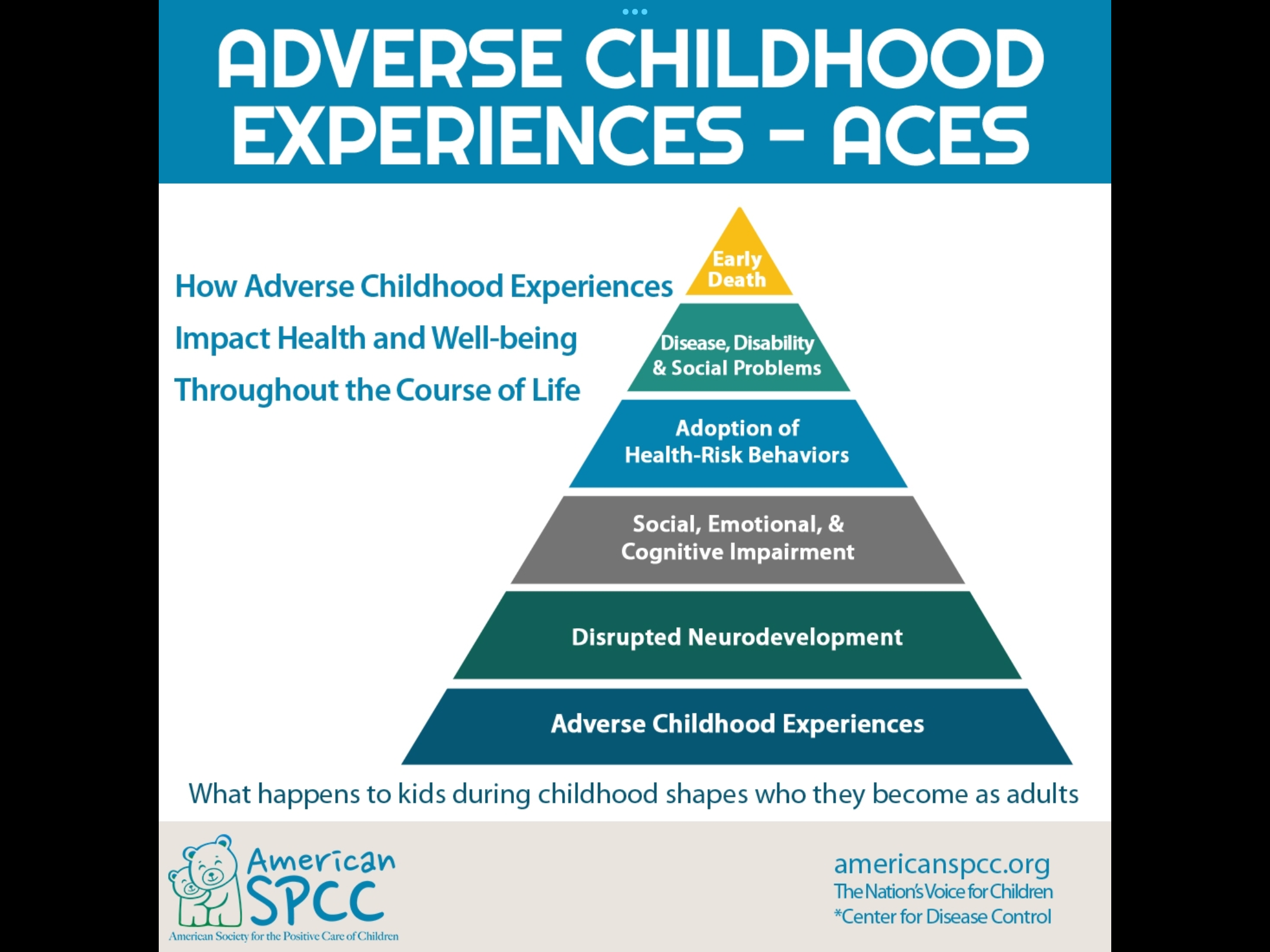Website designed with the B12 website builder. Create your own website today.
Start for free
Understanding ACEs: More Than Childhood Memories
As reported in The San Francisco Chronicle’s recent article, Adverse Childhood Experiences (ACEs) refer to traumatic events that occur before the age of 18. These experiences often include:
When these events go unaddressed, they can lead to significant and long-lasting mental and physical health struggles.
What the Numbers Say
Drawing from research cited in the Chronicle’s coverage, the statistics are staggering:
These costs reflect more than just health care expenditures. They include lost productivity, increased criminal justice involvement, and strain on education and social services.
Mental and Physical Health Consequences
The article underscores how childhood trauma is a predictor of later-life challenges. Individuals with high ACE scores are more likely to face:
Moreover, the intergenerational effects mean children of parents with high ACE scores are also more vulnerable to trauma.
How California is Responding: ACEs Aware
Launched in 2020, California’s ACEs Aware initiative is the first statewide effort to screen for ACEs within the Medicaid population. Highlights include:
However, as the article notes, implementation remains uneven across regions, with many clinics still lacking the tools and personnel to fully support trauma-exposed individuals.
What Needs to Happen Next
The Chronicle calls for deeper investments in resilience-building strategies, including:
Final Thoughts
The San Francisco Chronicle has done a critical service by spotlighting the long-term costs of untreated childhood trauma in California. ACEs are not just a public health issue—they’re a societal one. With the right interventions and support systems in place, healing is not only possible—it’s within reach.